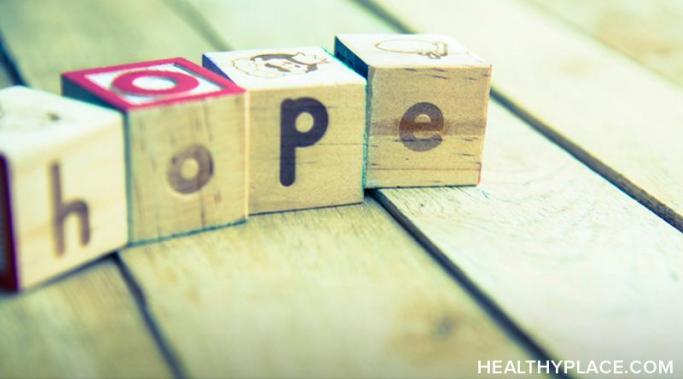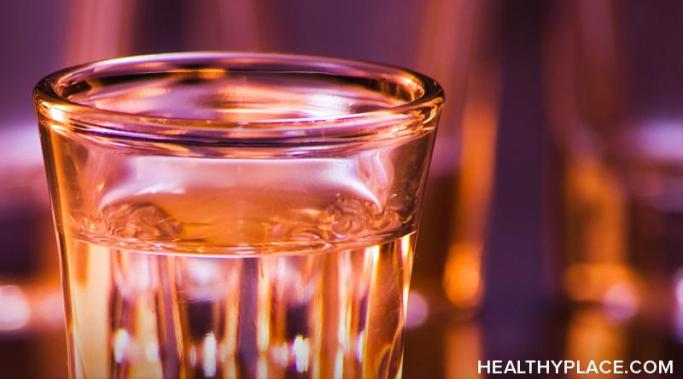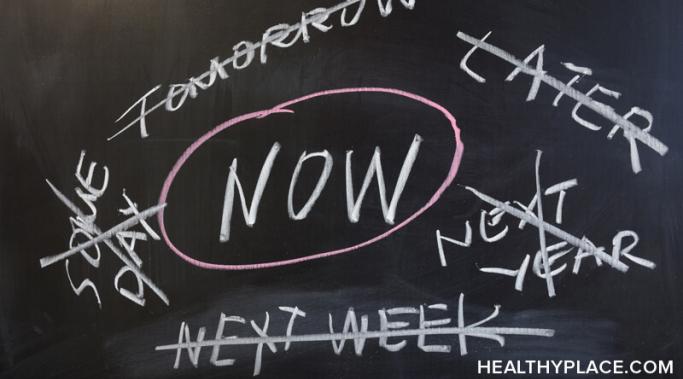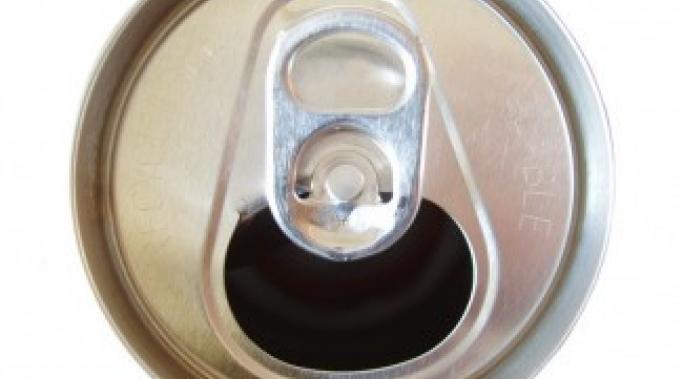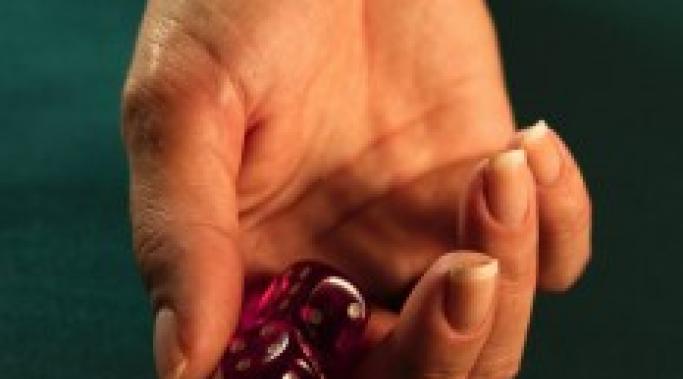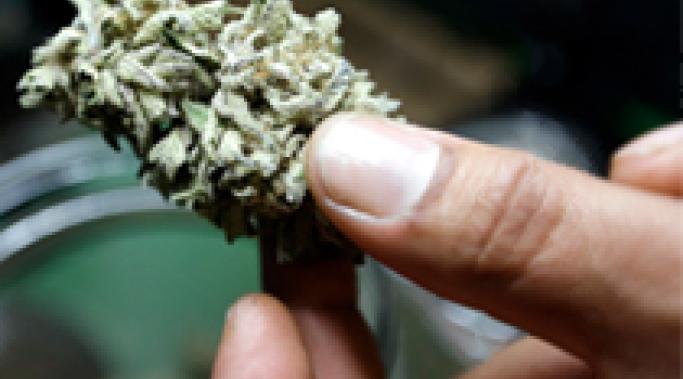Did you know that the most helpful treatment for borderline personality disorder (BPD) is age? According to a 16-year-long study, 88 percent of patients no longer met the "Diagnostic and Statistical Manual of Mental Disorders" criteria for BPD after eight years, while 99 percent remitted after 16 years. I just turned 30 myself, and my BPD symptoms have greatly improved over the past 12 years. This is my experience with BPD since becoming an adult.
BPD and Substance Abuse
It can be challenging to stay grounded in the present moment when you live with borderline personality disorder (BPD). Unstable emotional states and anxious thoughts can often pull you into a past or future mindset. However, bringing yourself back into the present can have a wealth of benefits for your mental health.
People with borderline personality disorder (BPD) may struggle with self-destructive behavior and self-hatred. I spent many years believing that I didn't deserve happiness and getting in my own way because of it. However, there are methods you can use to stop sabotaging yourself when you live with BPD.
Today is the seventh anniversary of the day that I was raped. In the early years after the assault, I used to feel retraumatized and upset on this day. However, time, healing, and therapy have helped me change the meaning of my rape anniversary and view it differently.
Reckless decisions are common with people who live with borderline personality disorder (BPD). However, these decisions can harm your mental and physical health, as well as your relationships. Learning how to control impulsive behavior with BPD can be a helpful skill if you want to progress in your recovery.
Tomorrow is my first anniversary of sobriety, so I'd like to discuss why I quit drinking alcohol for good. It hasn't been an easy road, but the rewards have been endless.
Planning for the future feels impossible when you're not sure if it will happen. Last week was my 26th birthday. For the longest time, I did not even imagine that I would live this long. Therefore, I spent many years stuck in my feelings and not making future plans.
I'm acting in a play called "Nobody Needs to Know." In one scene, a recovering alcoholic explains that she once thought alcohol--vodka in particular--was the answer to her psychiatric symptoms. When another character asks why it isn't the answer, she gives several reasons why it isn't. Here are three reasons I've learned as to why alcohol isn't the answer to borderline personality disorder (BPD).
Shortly after I moved into the downtown Indianapolis area, I started betting on horse races at a bar (off-track betting, OTB). I realized I now had not one, but two addictions when I joked about buying a horse and naming it "Beer Money." While I'm in recovery, I still speculate about how my symptoms of borderline personality disorder (BPD) fueled my gambling addiction. Thankfully, I caught it early.
If you look at my records from Richmond State Hospital, you'll see that I am a marijuana smoker. I don't think this should be part of my record since I smoked it only twice, both times for medical reasons. But because marijuana is not approved for medical use in Indiana, that apparently makes me a marijuana addict. It makes me wonder: When does drug experimentation become drug addiction?
